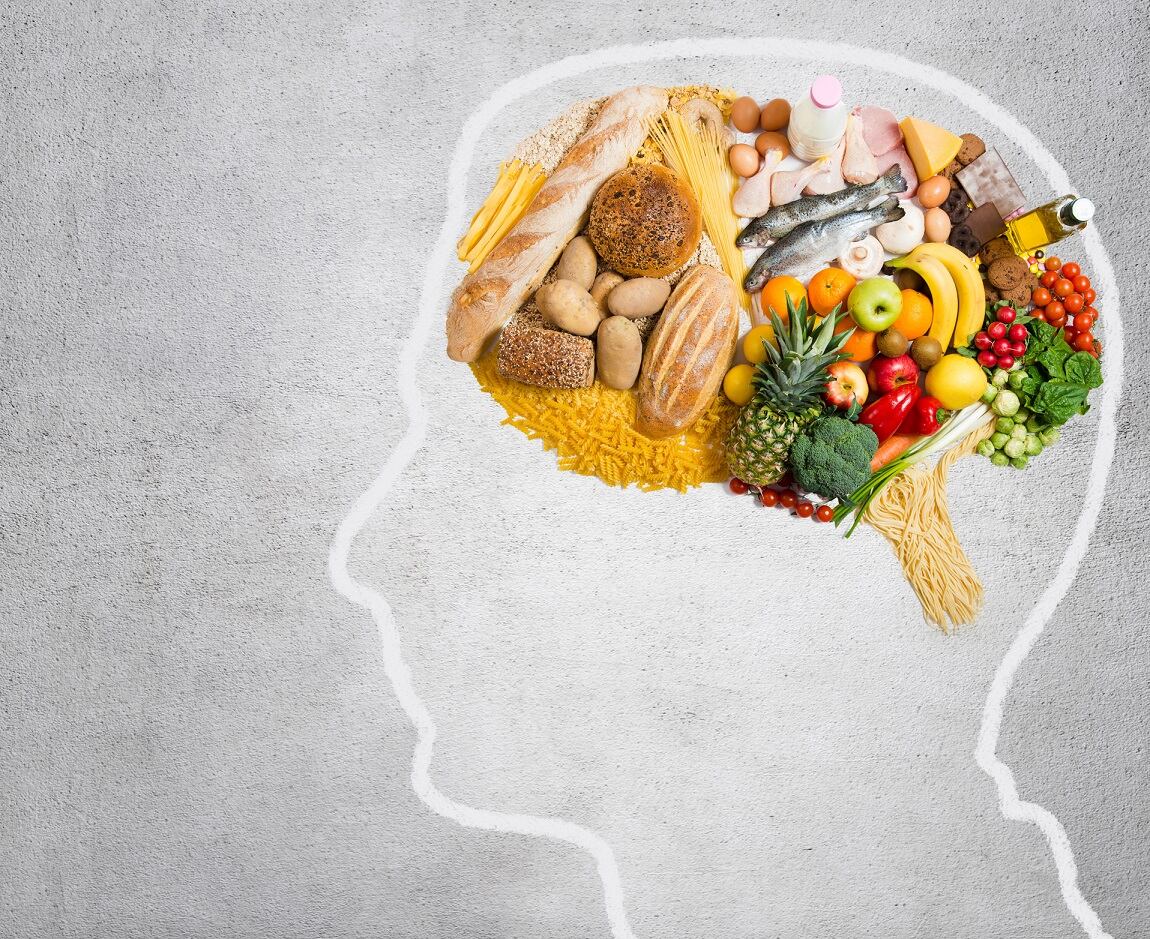Previous Randomised Controlled Trials (RCTs) administering supplements containing B-vitamins in combination with Bacopa monniera and Ginkgo biloba herb extracts have shown benefits to cognition and mood.
With increased awareness of the importance of diet on brain health, with nutrient deficiencies being a potential risk factor for dementia, more consumers are turning to nutraceuticals to maintain cognitive health.
However, there is controversy as to whether nutritional status can be improved in healthy cohorts, with a lack of evidence from previous studies. Researchers behind this recent study hypothesise this may be influenced by the age-group of samples utilised, with interventions on older adults unable to reverse age-related damage whilst the effects prove undetectable in younger adults of optimal health.
The study sought to investigate the effects of supplementing a middle-aged cohort (M = 52.84 years) with B-vitamins paired with Bacopa monniera and Ginkgo biloba on cognition, mood and biochemical markers. Researchers recruited 141 participants with ‘optimal’ and ‘suboptimal’ diets to assess the effects of existing nutritional status on the associated benefits.
Brain food
Participants were randomised to a placebo group or an active supplementation group, which received a multinutrient containing Vitamin B1 50 mg, Vitamin B2 70 mg, Nicotinamide, Vitamin B5 128.26 mg, Vitamin B6 41.12 mg, Vitamin B12 50 µg, Brahmi whole plant 7.46 g (equiv. bacosides calculated as bacoside A 46.7 mg), and Ginkgo (Ginkgo biloba) leaf 6g (equiv. ginkgo flavonglycosides 14.4 mg, ginkgolides & bilobalide 3.6 mg).
The Australian modification of the Diet Screening Tool (DST) was used in the current study to screen for frequency of consumption of particular foods. Higher scores on the DST indicate relatively higher intake of fruit, vegetables, legumes, olive oil and nuts, and a lower intake of processed foods (sweets, chocolate, cakes, processed meats, sugar-sweetened beverages). Participants scoring ≥60 were classified as adhering to an ‘optimal’ diet, while those scoring ≤59 were classified as adhering to a ‘sub-optimal’ diet.
Once enrolled in the study, participants completed a series of Automated Self-Administered 24-h Dietary Assessments (ASA24). Two were completed prior to baseline, one was completed prior to the final visit and one was completed at the final visit. The ASA24 required participants to record the foods, drinks and dietary supplements they consumed over 24 h, even if they did not reflect their usual diet.
Two computerised cognitive assessments included the Swinburne University Computerised Cognitive Aging Battery (SUCCAB) and Cognitive Demand Battery (CDB. Measures of perceived stress, anxiety, depression and overall mood disturbance were also taken. These subjective mood questionnaires assessed mood across various time periods (past week to past month).
Resulting data revealed there were significant increases in overall B vitamin status (B1, B6, B12) after supplementation but researchers observed that there was no significant benefit to memory or attention in the cohort taken as whole, when compared to the placebo group. However, a significant beneficial effect on attentional performance was observed in those with the ‘optimal’ diet. Lower state anxiety and mental fatigue were also reported for this group but did not reach statistical significance.
This suggests that cognitive benefits associated with B-vitamin and herbal supplementation may be dependent on diet quality, supporting a potential need to characterise the diet prior to intervention. The utilisation of the Diet Screening Tool (DST) in the study to screen participants defines an optimal diet to include “higher intake of fruit, vegetables, legumes, olive oil and nuts, and a lower intake of processed foods (sweets, chocolate, cakes, processed meats, sugar-sweetened beverages).”
The science
“The beneficial effects within the ‘optimal’ diet group supports the concept of ‘co-nutrient optimisation’ which purports that the interdependence of nutrients are an essential consideration when studying nutrient effects”, the researchers explain.
“In particular, the metabolism of B vitamins is interrelated with previous studies reporting that riboflavin supplementation not only corrects riboflavin insufficiency, but assists the uptake of vitamin B6”.
As a result, the strong nutritional status of the ‘optimal’ diet subgroup may have been assisting in the metabolism of the B-vitamins and herbal extracts. Thus, the benefits associated with B-vitamins on cognition, via neurotransmitter regulation and energy production functions, and the herbal constituents perhaps through cardioprotective pathways, may have been optimised.
Whilst the study provides new insight into the possible need for the personalisation of supplemental intervention, there is need for study replication to remove possibility of type I error, whilst utilising a sample more representative of the population. Furthermore, the use of a multivitamin results in difficulties distinguishing which nutrient is having the observed effect, and thus, a need for further RCTs is required.
Source: Nutrients
https://doi.org/10.3390/nu14235079
“Investigating the Effects of a Multinutrient Supplement on Cognition, Mood and Biochemical Markers in Middle-Aged Adults with ‘Optimal’ and ‘Sub-Optimal’ Diets: A Randomized Double Blind Placebo Controlled Trial”
Lauren M. Young, Sarah Gauci, Lizanne Arnoldy, Laura Martin, Naomi Perry, David J. White, Denny Meyer, Annie-Claude Lassemillante, Edward Ogden, Beata Silber, Andrew Scholey, and Andrew Pipingas.

